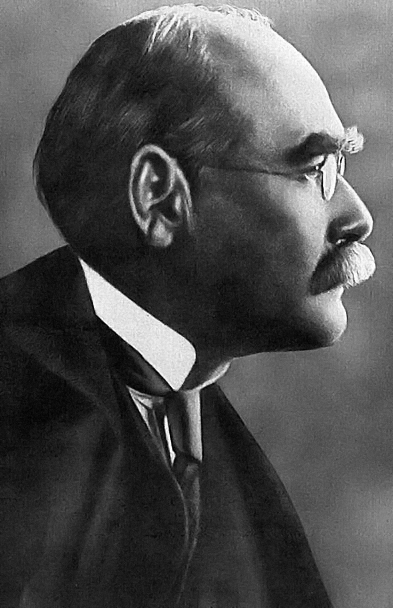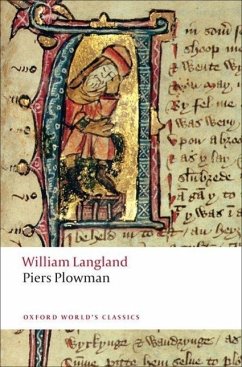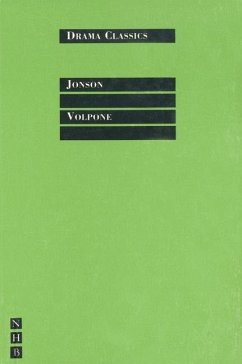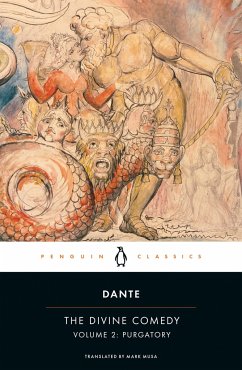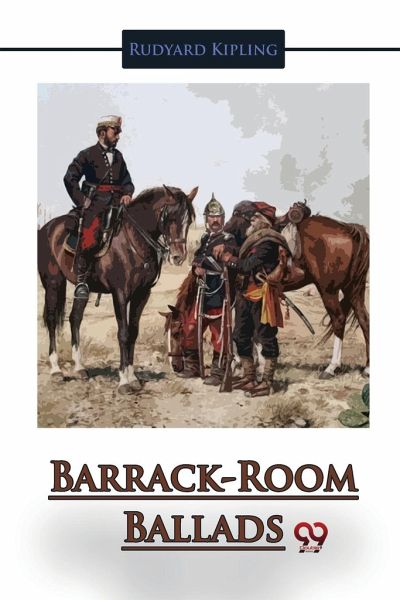
Barrack-Room Ballads
Versandkostenfrei!
Versandfertig in 1-2 Wochen
15,99 €
inkl. MwSt.
Weitere Ausgaben:

PAYBACK Punkte
8 °P sammeln!
Barrack-Room Ballads is a compilation of Rudyard Kipling's songs and poems that predominantly uses a local dialect and focuses on the late Victorian British Army. The collection contains some of Kipling's most well-known poems, including "Gunga Din," "Tommy," "Mandalay," and "Danny Deever," which helped him gain early recognition as a poet. The first poems were published in the Scots Observer during the first half of 1890, and a compilation of them, Barrack-Room Ballads and Other Verses was published in 1892. Later, Kipling brought it up again in a book of poetry named The Seven Seas. Ballads ...
Barrack-Room Ballads is a compilation of Rudyard Kipling's songs and poems that predominantly uses a local dialect and focuses on the late Victorian British Army. The collection contains some of Kipling's most well-known poems, including "Gunga Din," "Tommy," "Mandalay," and "Danny Deever," which helped him gain early recognition as a poet. The first poems were published in the Scots Observer during the first half of 1890, and a compilation of them, Barrack-Room Ballads and Other Verses was published in 1892. Later, Kipling brought it up again in a book of poetry named The Seven Seas. Ballads can be considered to be a subset of The Five Nations (1903), which also contained a number of extra uncollected poems and the third group of Boer War vernacular Army poetry titled "Service Songs.'' The main collection of Kipling's Ballads was published in the 1890s, in two volumes. The third group of poems, published in 1903, continued the theme of military vernacular ballads. The Ballads were first collected in one volume by Charles Carrington in 1973. Many of Kipling's short stories began with a little poem that was frequently referred to as a "Barrack-Room Ballad."





